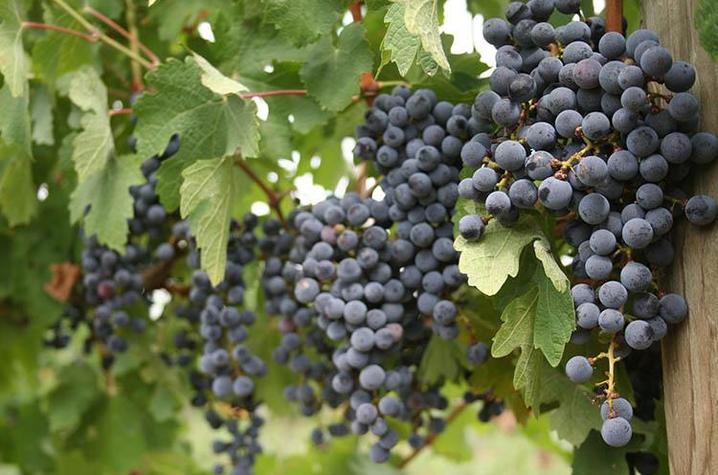UK Researcher to Study 'Memory' in Grapevines

Plants use memory at the molecular level to respond to stress in their environment. University of Kentucky researcher Carlos Rodríguez López has received a $500,000 grant from the U.S. Department of Agriculture’s National Institute of Food and Agriculture, to explore epigenetic memory, continuing research he began while living in Australia.
To survive and thrive, all living things need to cope with changes in their environment. Epigenetic memory is one of the molecular mechanisms that can change gene expression in response to a situation without affecting the actual sequence of genes. Exposed to the same stress more than once, plants handle it better, because they “remember.”
López, assistant horticulture professor in the UK College of Agriculture, Food and Environment, is investigating how asexual reproduction using dormant cuttings, which is the way grapevines are commercially propagated, affects the plant’s epigenetic memory.
“We want to understand what the mechanisms are that erase and maintain the epigenetic memory of a specific environment in plants. In particular, we will be looking at grapevines,” said López, who is the principal investigator on the project. “Because grapes are such an important crop, they are well understood, and there are also many different varieties. So, there is a fair amount of genetic viability that we can play with. That’s important.”
López’s co-principal investigators are Dario Cantu, associate professor in viticulture and enology at the University of California, Davis; Sharyn Perry, UK professor in the Department of Plant and Soil Sciences; Robert Geneve, UK horticulture professor; and UK extension associate in horticulture, Jeffrey Wheeler.
The team’s work could result in more vibrant Kentucky vineyards and, ultimately, better wines for the consumer. Lopez said the research findings will go beyond grapes and will provide important information that could be transferable to other perennial agricultural crops.
Credits
Text by Carol Lea Spence (UK Public Relations & Marketing).

